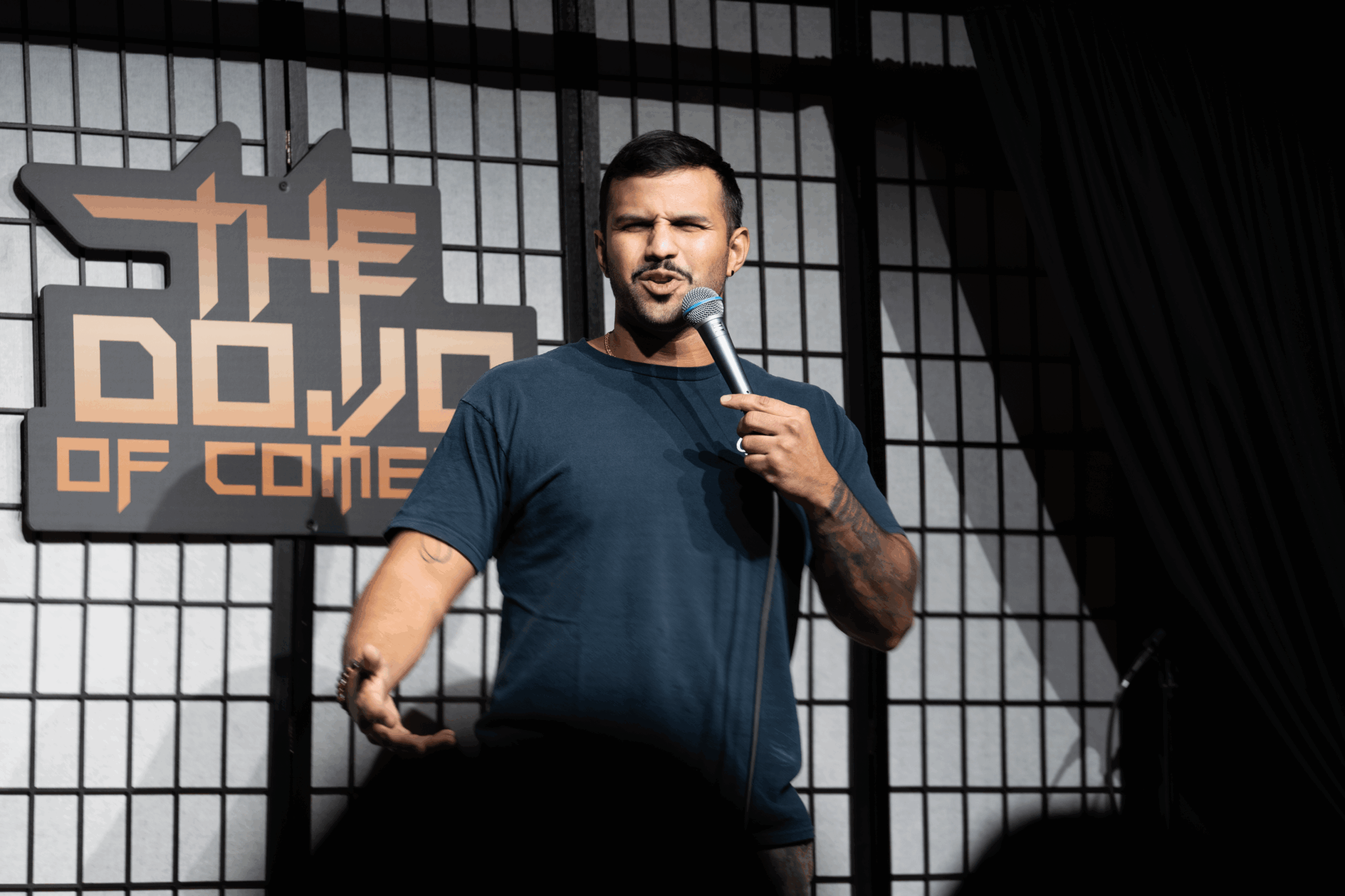We were lucky to catch up with Pedro Garcia recently and have shared our conversation below.
Pedro, appreciate you joining us today. How did you learn to do what you do? Knowing what you know now, what could you have done to speed up your learning process? What skills do you think were most essential? What obstacles stood in the way of learning more?
I learned how to do stand up by constantly bombing in front of strangers at open mics. The more you bomb the more BS you can cut out of your material.
I don’t think there’s anything i could’ve done to speed up the learning process, stand up isn’t something you can get cheat codes for, it really is something you have to figure out on your own, which takes years.
I think the most essential skill in the learning process is learning how to do crowd work. When you learn to get comfortable with the crowd without material , telling jokes becomes way easier.
The only obstacle that stood in my way is myself. When i first started stand up, a lot of times I’d get home from work and give myself an excuse to stay home and not go to an open mic to work on my material. Those nights i stayed in because i was “too tired” could’ve been nights i got better or came up with a good tag for an existing joke. PUT THE WORK IN.
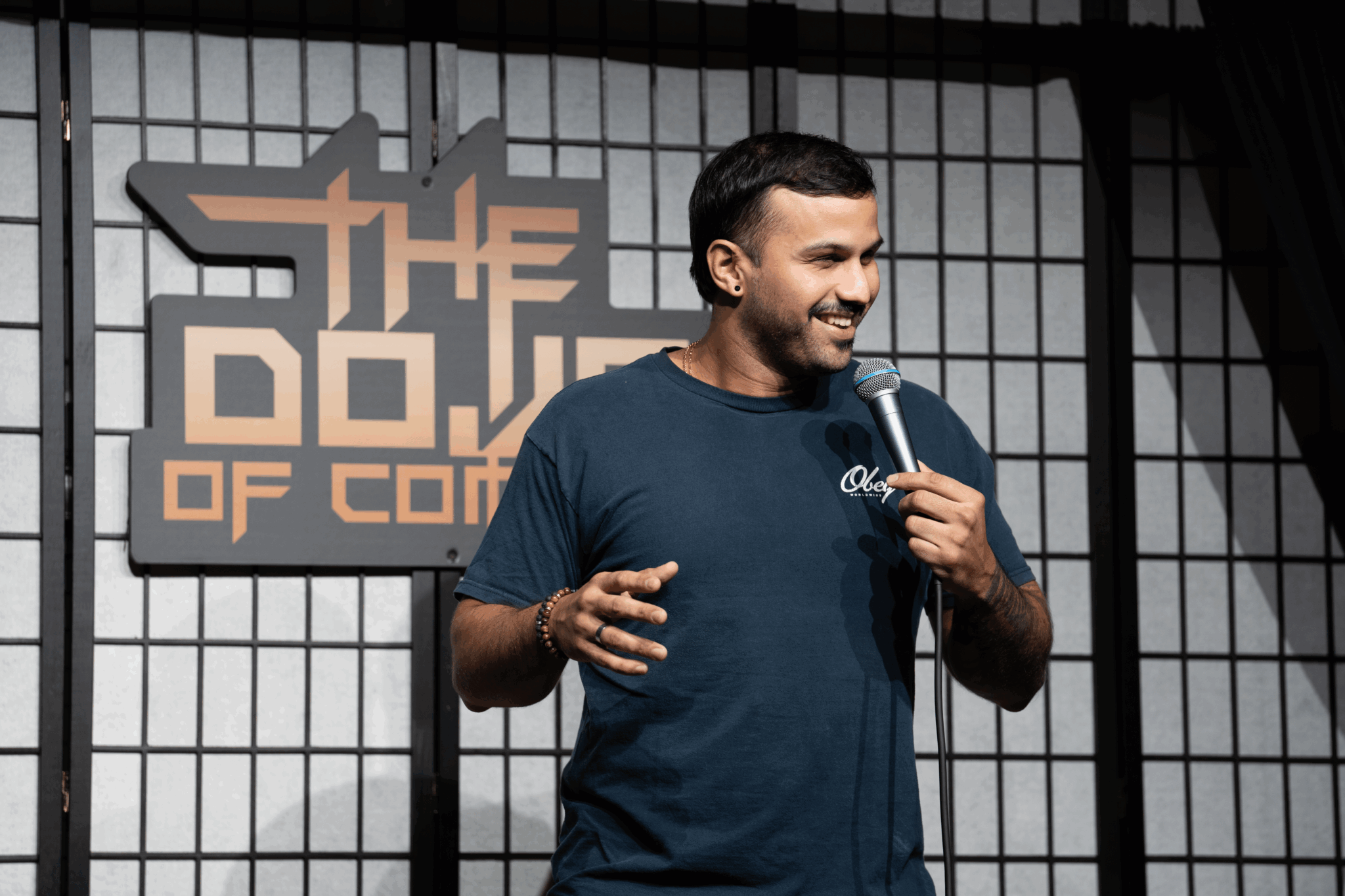
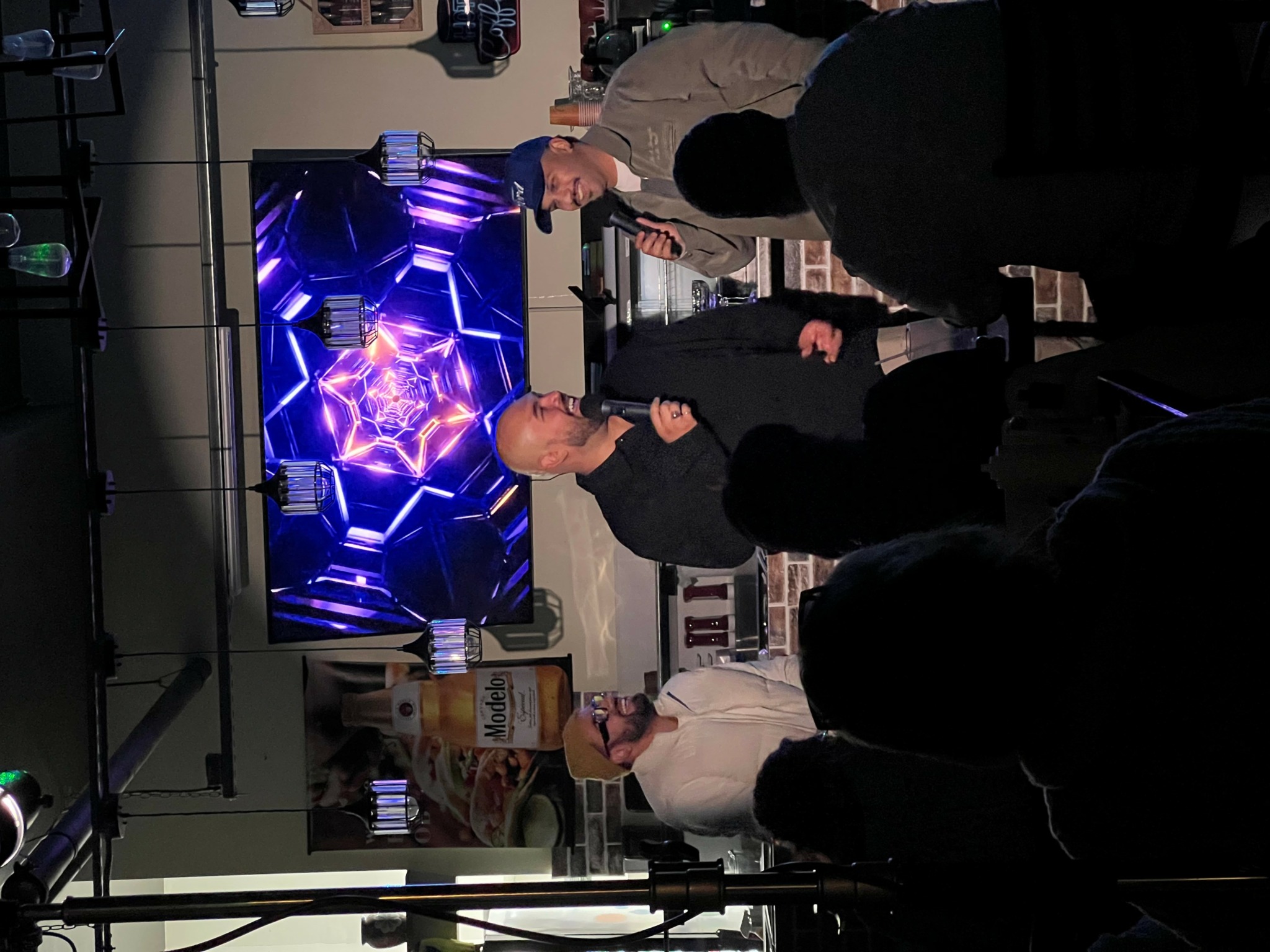
As always, we appreciate you sharing your insights and we’ve got a few more questions for you, but before we get to all of that can you take a minute to introduce yourself and give our readers some of your back background and context?
Hey! I’m Pedro Garcia, a comedian from New Jersey, and I’ve been in the game for a while now, making people laugh with a mix of stand-up, improvisation, and whatever ridiculous thoughts pop into my head. I got into comedy the way most of us do—by being the funny one in the group, cracking jokes in class, and realizing that making people laugh is a lot more fun than anything else. But the moment I knew I wanted to do this for real was when I hit an open mic and got that first real, genuine laugh. There’s no better high than that.
My comedy is all about energy, spontaneity, and just having fun in the moment. I love riffing with the audience, playing off the energy in the room, and making every show feel unique. That’s what led me to start Diablo Radio, my podcast, where I bring on comedian friends to just go off the rails and see where the conversation takes us. It’s loose, it’s raw, and it’s hilarious—at least, that’s what your mom says.
What sets me apart? I think it’s my ability to connect with people in a real way. I’m not just up there telling jokes—I’m creating a shared experience. Whether it’s on stage, on the podcast, or in whatever other projects I dive into, my goal is always the same: to make people forget about their problems for a little while and just laugh.
What I’m most proud of is the fact that I get to do what I love. The journey’s been wild, from small bar gigs to bigger stages, and every step of the way, I’ve learned, grown, and—most importantly—kept having fun. So if you’re into comedy that’s unpredictable, high-energy, and full of heart, I think you’ll like what I do. Follow along, come to a show, check out the podcast..
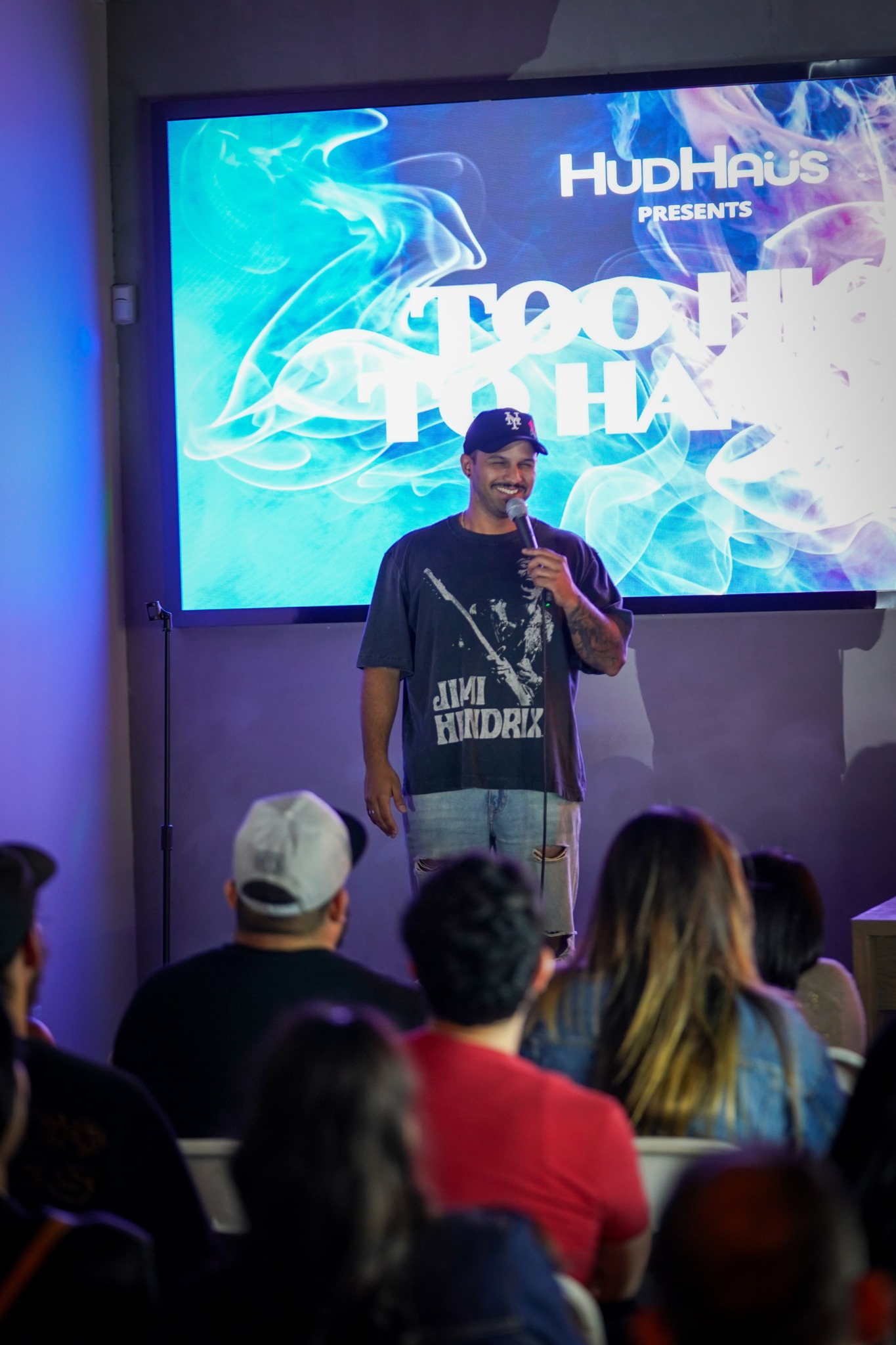
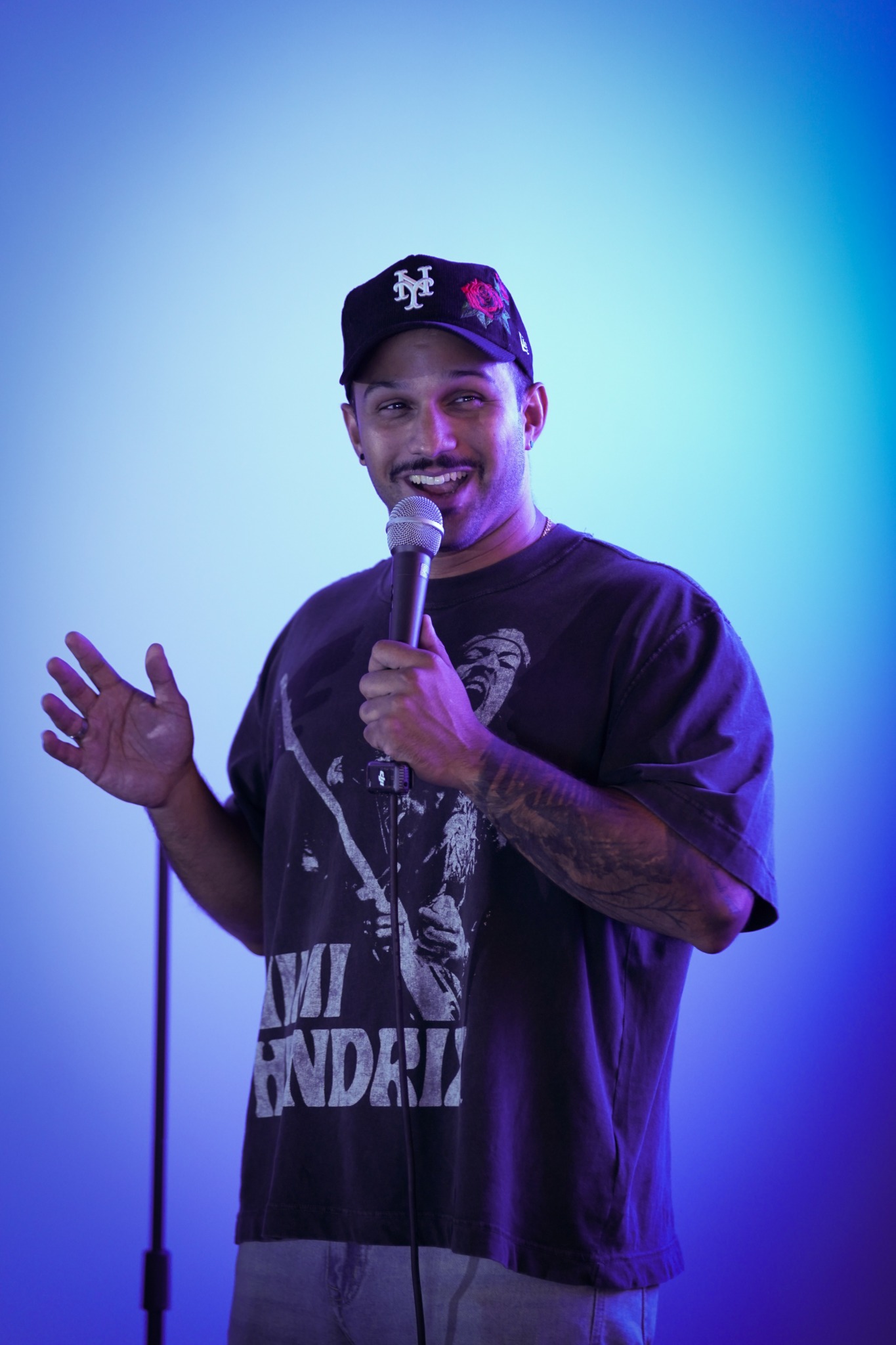
Do you think there is something that non-creatives might struggle to understand about your journey as a creative? Maybe you can shed some light?
Absolutely. I think one of the biggest things non-creatives struggle to understand about this journey is just how much rejection, uncertainty, and straight-up insanity comes with pursuing something like comedy. From the outside, it might look like we just get on stage, tell some jokes, and have a great time—but what people don’t see are the countless nights bombing at open mics, the gigs in half-empty rooms, the times you’re driving three hours for a ten-minute spot and getting paid in drink tickets.
Comedy isn’t just about being funny; it’s about constantly proving yourself, refining your craft, and pushing through all the doubt—your own and everyone else’s. There’s no clear path. No boss promoting you to “head comedian.” You just keep grinding, trusting the process, and hoping that one day, the right people notice.
Another thing is that the job never stops. A lot of non-creatives think you just “clock in” for a show or a podcast episode, but as a comedian, your brain is always on. You’re always writing, observing, tweaking, testing material—sometimes in casual conversation without even realizing it. And even when you’re “off,” you’re thinking, Was that funny? Should I write that down?
But here’s the thing: as crazy as it is, I wouldn’t trade it for anything. Because when you finally get that perfect laugh—the one that shakes the room and makes all the struggle worth it—that’s a feeling no 9-to-5 can ever match.
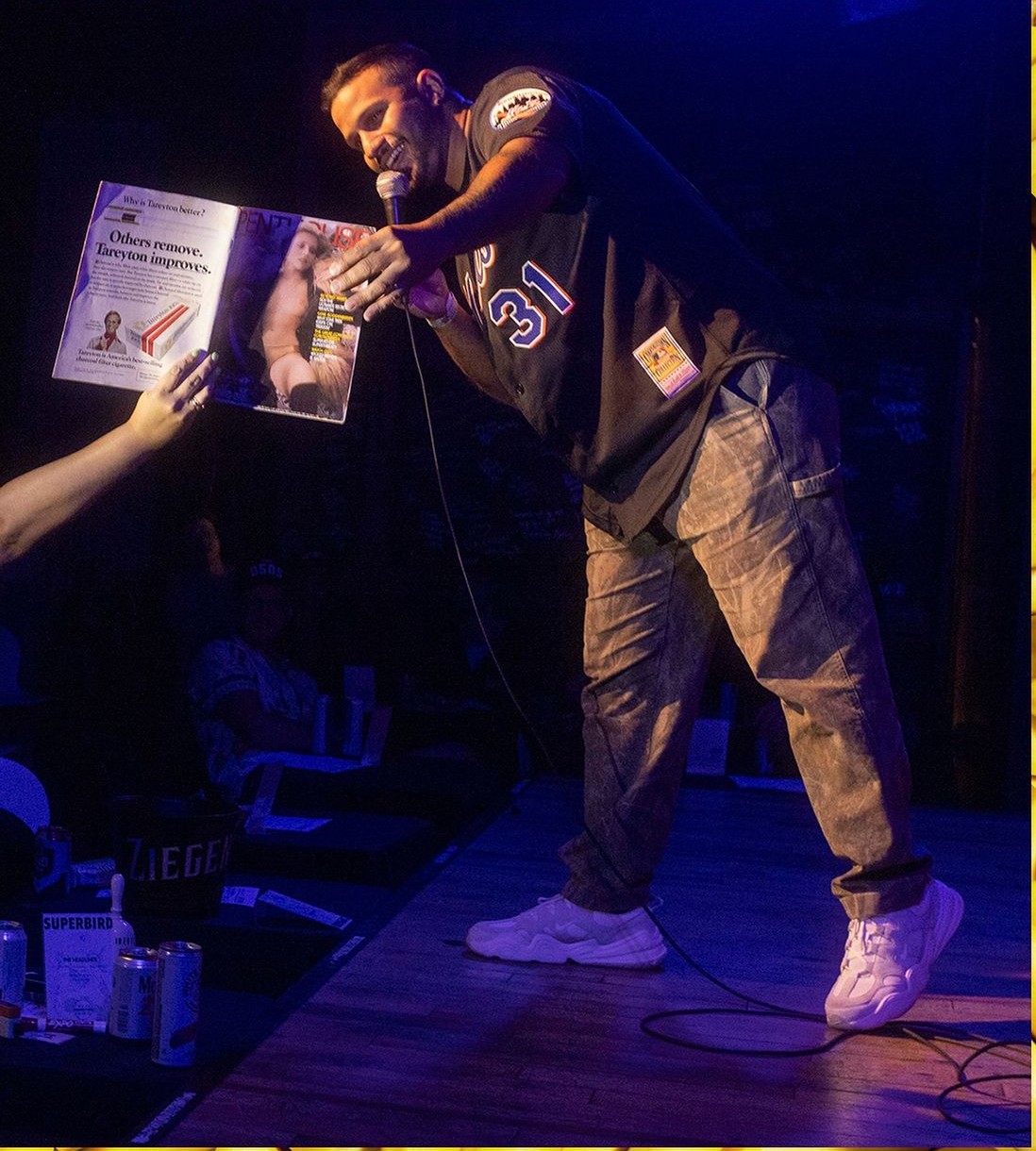
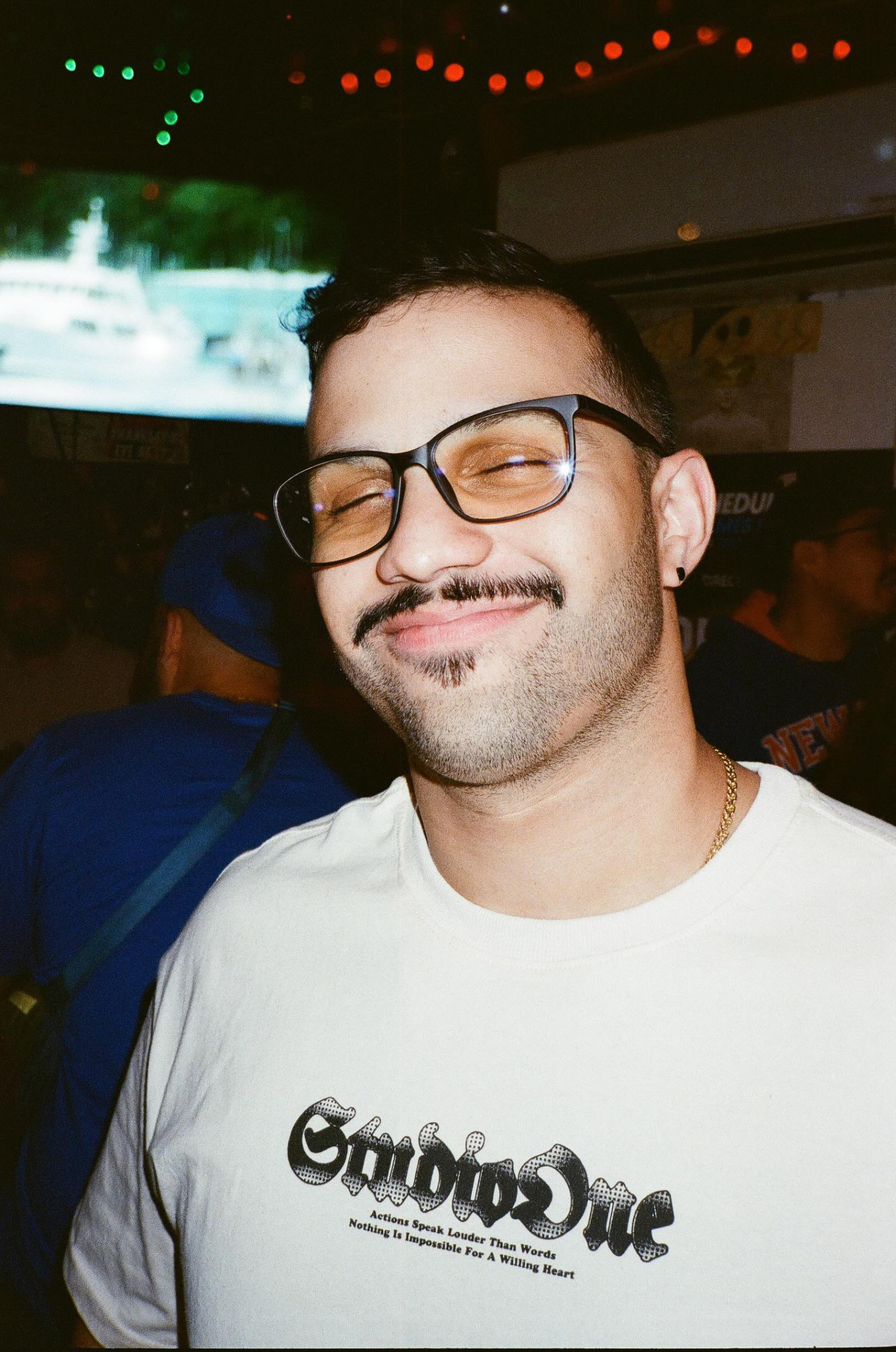
What’s a lesson you had to unlearn and what’s the backstory?
A big lesson I had to unlearn was the idea that I had to “kill” every time I got on stage. Early on, I thought every set had to be a home run, that if I wasn’t getting non-stop laughs, I was failing. And look, bombing never feels great—but I had to learn that it’s actually part of the process.
The backstory? Man, I remember this one night—I was maybe a year into comedy, feeling confident, had a few solid sets under my belt. I got booked on a show with some real killers, and I thought, This is it. This is my moment. I went up there and… silence. Jokes that had worked before? Nothing. Punchlines that usually hit? Crickets. I could feel the sweat forming in real time. It was brutal.
For a while after that, I let it mess with my head. I started playing it safe, only doing material I knew worked. But then I realized—that’s not how you grow. You gotta take risks, try new things, and, yeah, sometimes bomb. That’s how you find the gold.
Now, I embrace the struggle. I know that a bad set doesn’t mean I suck, it just means I’m figuring it out. And the faster you get comfortable with failure, the faster you get better.
Contact Info:
- Website: https://Twitch.tv/mostlycuban
- Instagram: @mostlycuban
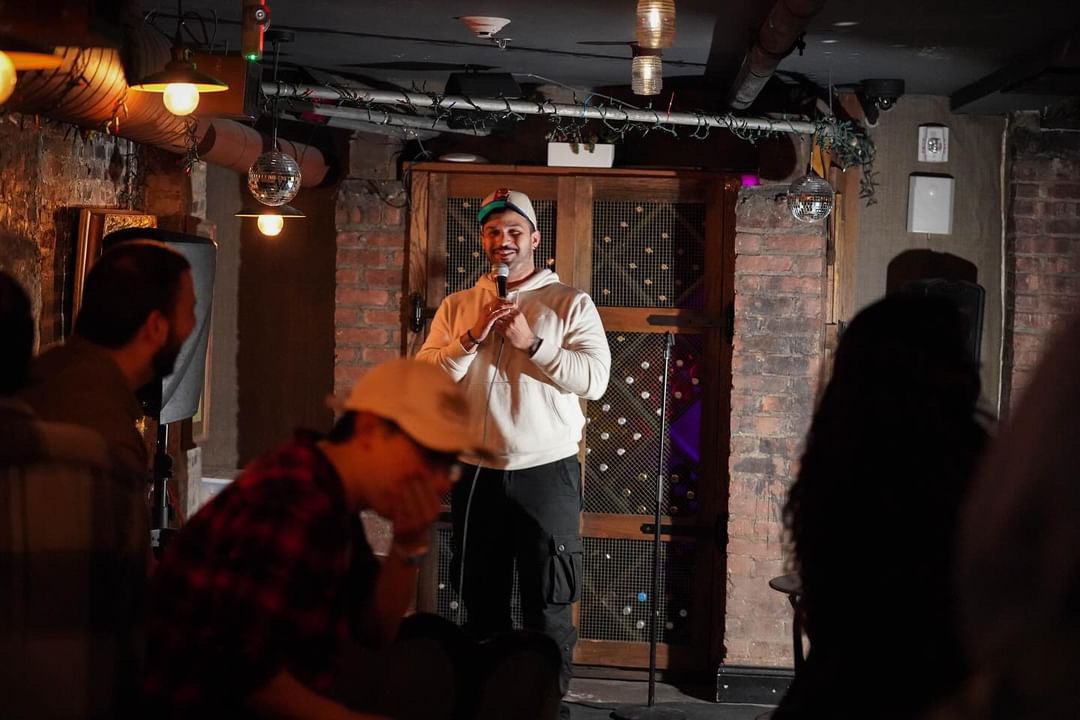
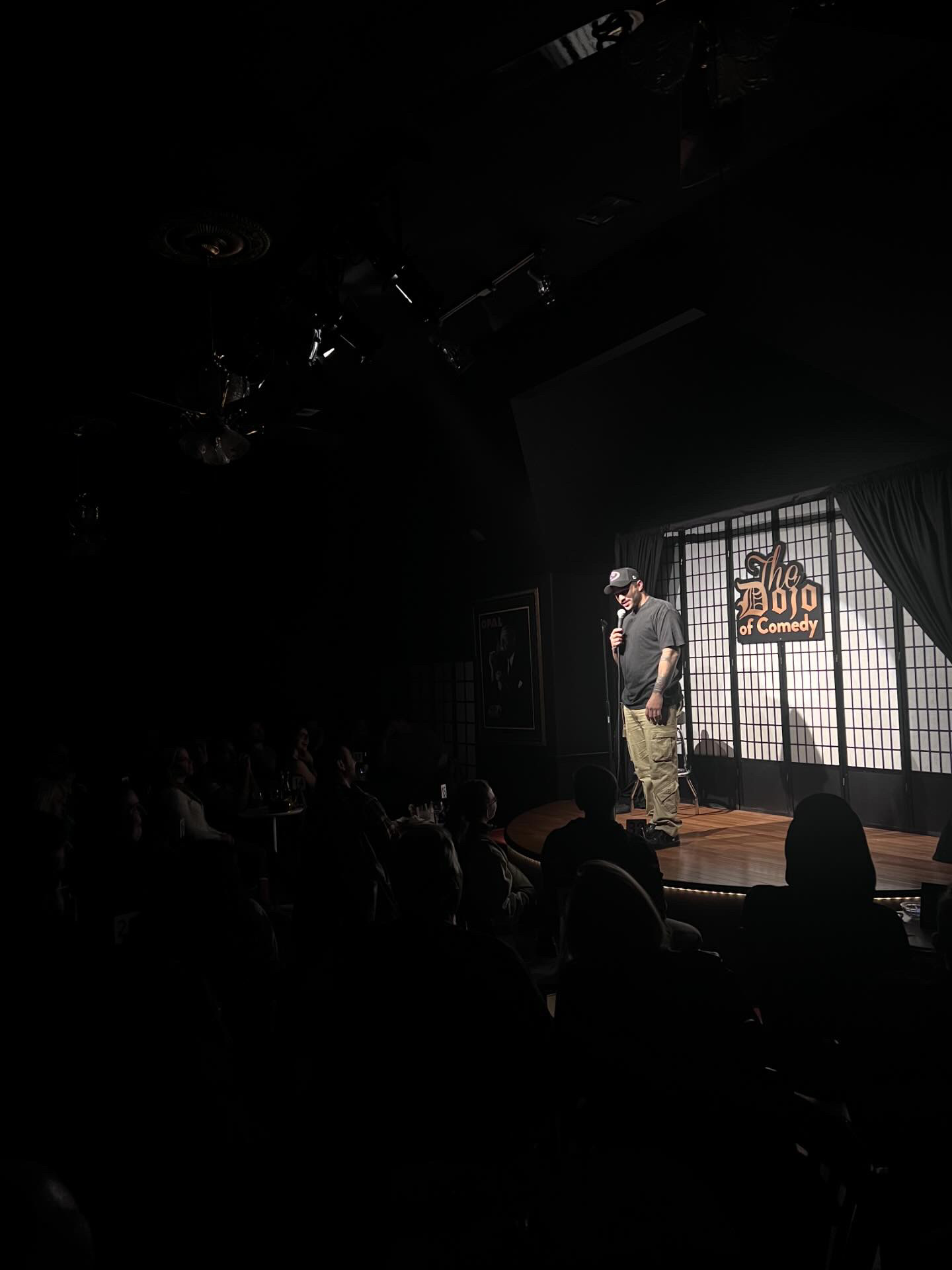
Image Credits
Fox Shots


